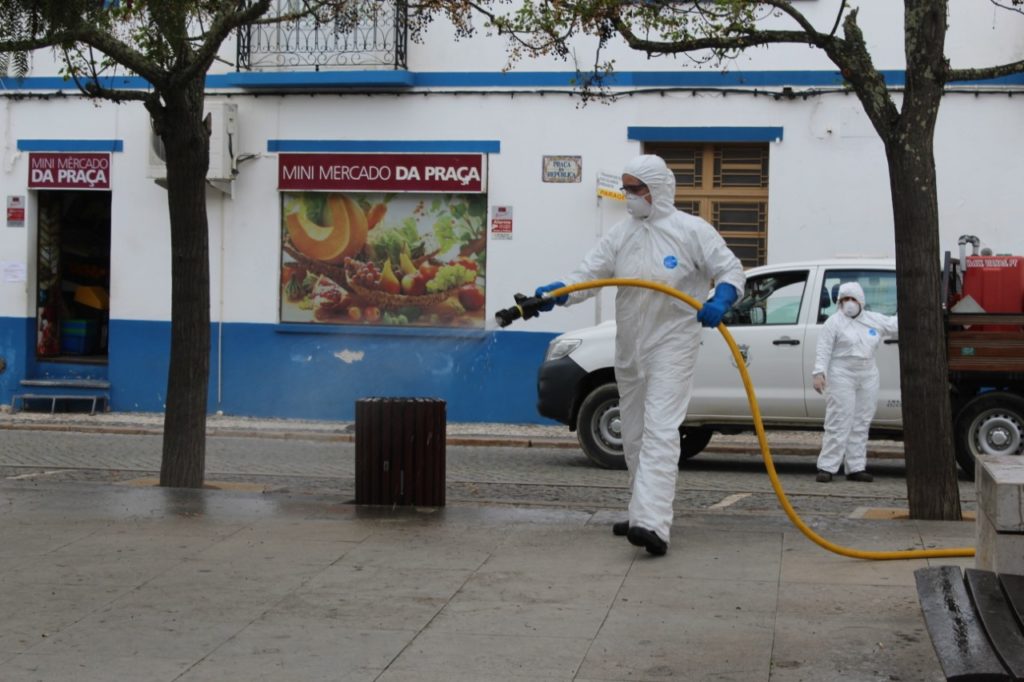Spraying or fumigating disinfectant on the streets, as some countries are doing to fight the covid-19 pandemic, does not eliminate the virus and poses health risks, warned the World Health Organization (WHO) today.
"The spraying or fumigation of outdoor spaces, such as streets or markets, is not recommended to destroy the new coronavirus or other pathogens because it is inactivated by dirt", explains the WHO in a document on the cleaning and disinfection of surfaces in the context of combating pandemic.
The WHO adds that "even in the absence of organic matter, chemical spraying is unlikely to properly cover all surfaces during the contact time required to inactivate pathogens".
“On the other hand, streets and sidewalks are not considered reservoirs of covid-19 infection”, the organization maintains in the same document.
The WHO also warns that this measure "even taken abroad, can be dangerous to human health", and recommends that "in no case should people be sprayed" because "it does not reduce the ability of an infected to spread the virus by droplets or contact".
Spraying chlorine or other toxic chemicals on people can cause eye and skin irritation, bronchospasm and gastrointestinal problems, warns the organization.
The world public health authority also says that it also "does not recommend the systematic application of disinfectants on surfaces by spraying or fumigating indoors".
“If it is necessary to apply disinfectants, it should be done with a cloth or a towel soaked in disinfectant”, he recommends.
The covid-19 virus, at the origin of the worldwide pandemic that has already caused more than 300.000 deaths, can attach itself to surfaces and objects, but there is still no precise information on its lifespan in the various materials.
Some studies have indicated that the virus may remain active for several days on different types of surfaces, but this information was collected under experimental conditions, notes the WHO.
In March of this year, the general director of health, Graças Freitas, had declared in a press conference “there is no scientific evidence that [disinfections] are effective and therefore it is not a measure to be recommended”.
At the time, he defended that it was not a priority to have workers disinfect streets to fight the contagion by the new coronavirus, as some local authorities did, “because there is no certainty that it has any influence”.
“What will stop covid-19 is that we are far from each other”, underlined Graça Freitas at the press conference.



















Comments